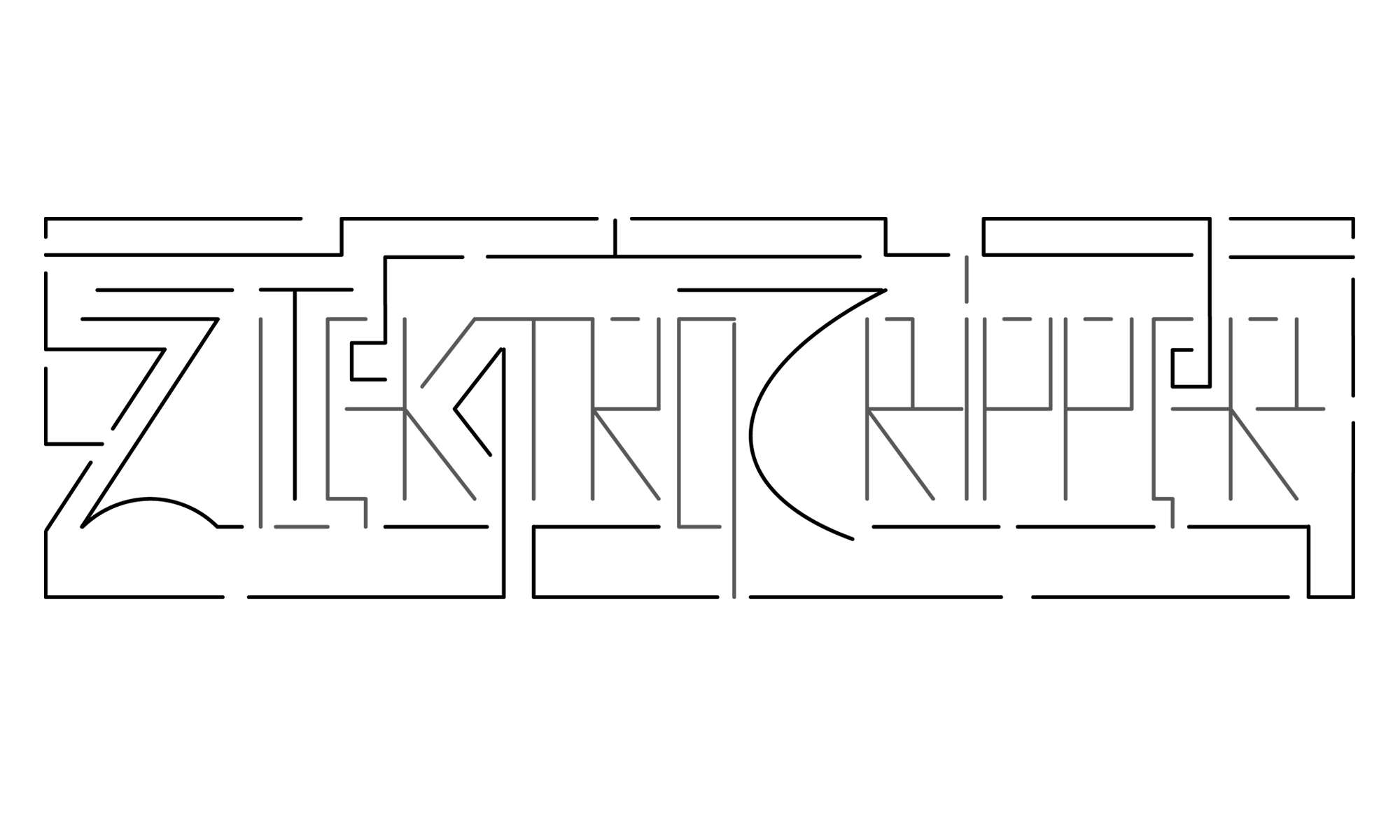…the age of intellect
 Sir John Bagot Glubbs book „The fate of empires and search for survival“ deals with the rise and decline of empires throughout our recorded history. His theory states that each empire has roughly the duration of 10 generations or 250 years during this time each empire would go through 6 stages that he identified as follows:
Sir John Bagot Glubbs book „The fate of empires and search for survival“ deals with the rise and decline of empires throughout our recorded history. His theory states that each empire has roughly the duration of 10 generations or 250 years during this time each empire would go through 6 stages that he identified as follows:
- the age of pioneers (outburst)
- the age of conquests
- the age of commerce
- the age of affluence
- the age of intellect
- the age of decadence
Throughout the ages of commerce and affluence, the nation has amassed an astonishing amount of money and valuable goods like real estate, collections of art and partial or full ownership of companies and organizations. Wealth is more or less evenly distributed and even the poorer parts of society have, for the most part, a stable income that allows sufficient supply of food and proper housing. The higher the surplus of wealth, the more a society will be able to fund education, schools, colleges and training centers of all sorts.
While during the age of conquest, schools and colleges mostly dealt with military education, during the age of commerce and affluence schools and colleges have shifted to trade and production related topics that would be the driving engine for the economy. The respective system would also provide tools of measurement to assess success. During the age of intellect the number of places for education increases dramatically as well as the amount of topics that can be studied and researched. The pursuit of knowledge receives a very high priority, and younger generations growing up in these surroundings increasingly urge to acquire academic honors, the new measurement of success.
The age of intellect is marked by astonishing advances in natural science, philosophy, politics as well as great discussions and debates about the same. Discourse provides a relevant and necessary tool to advance and test hypotheses and through this discourse intellectual, scientific and political communities are formed and established. Debates are often carried out in newspapers or any form of public forums. Coming out on top of a discussion represents a significant and desired success. Debaters often have the debate itself at heart rather than trying to find a conclusion for the discussed problem. The more depth discussions gain over time the less will the debating parties yield in their opinion. Issues are rarely resolved and arguments usually do not lead to agreement. Political gaps are subsequently increased and promoted which leads to an intensification of internal political struggle and hatred. These indifferences keeps the society occupied with itself and often leads to oversights in identifying disintegrating problems, be they internal or external.
During the age of conquest, commerce and affluence our society has gained a wide variety of different ethnic groups and is very colorful. Even though these groups have led their lives right next to each other for several generations in relative peace, the differences between them are still easily visible. Several characteristics can be identified in terms of how divided the different ethnic groups still are. The basic human nature and moral principles often differ greatly from each other and even though all the different races that form the nation stand united in good and affluent times, this feeling of unity doesn´t hold up in times of crisis. Immigrants often tend to form smaller communities that are unlikely to mix with the native population. The races or ethnic groups that have ben assimilated during the age of conquest tend to remember their defeat throughout the generations and may demand separation or independence the further the nation regresses.
Throughout the age of intellect the state looses its integrity. While science, philosophy, education and wealth see considerable advancement, social structures start to fall apart. Disagreement and the lack of a universal purpose disintegrate the societies solidarity and lead to the final chapter in our nations history the age of decadence.



the more a society will be able to fund education, schools, colleges and training centers of all sorts.
Like!! Great article post.Really thank you! Really Cool.
Hey there I am so thrilled I found your webpage,I really found you by error, while I was searching on Google for something else. Sallie Stillman Bran